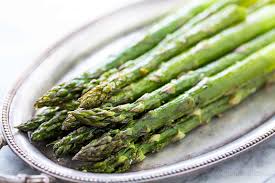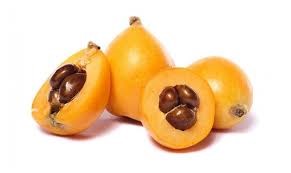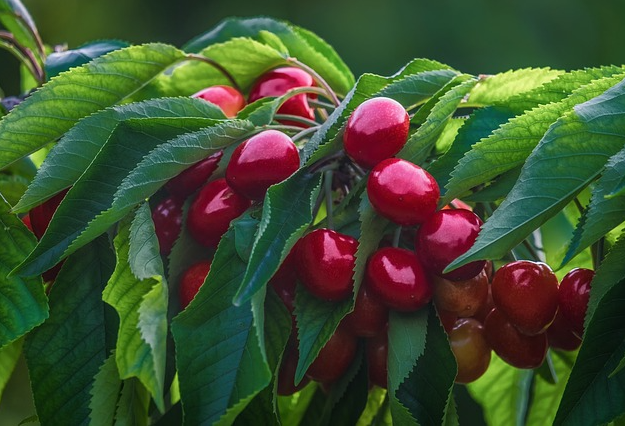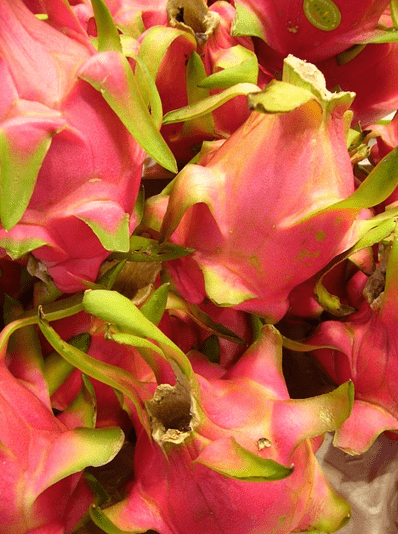Good things come in small portions, so we can appreciate them and treat them as a delicacy.
They come for a short time, modestly, almost timidly, peeping from their shelves and inviting us to enjoy them. We discover them like an exciting little treasure, and take them home to enhance our fresh seasonal dishes. Such is the asparagus. Upright and thin, green and fresh, notifying us that spring is here and it is ready to participate in the kitchen, but we better hurry up, because its season is short.
The asparagus belongs to the Asparagaceae family. It prefers warm weather, soft sandy soil and water – and therefore is commonly found on river banks in Europe. In Israel, too, it grows wild, and anyone who goes out for a walk can find long, thin stalks peering out of the vegetation thicket. Asparagus illustrates the phrase "may your foods be your medicines" – because beyond the fact that it has a delicate taste (some would say even gourmet), and blends well with a variety of foods and dishes, it also contains a wide range of substances that our body is happy to receive, some quite unique.
The first to document the medical properties associated with asparagus were the Greeks and Romans, who found it good as a diuretic, a laxative – and Dioscorides even claimed it could cure jaundice. As befits important objects in those periods, Asparagus was also praised in works of art and culture, in murals and mosaics. Although the asparagus is also mentioned in the Talmud, as being "beautiful to the heart and good to the eyes" (Tractate Brachot 51, 71), but it is certainly possible that the intention was for a different food.
During the centuries the asparagus spread to Algeria, Africa and Europe. In the town of Schweitsingen, Germany, which is known as the "asparagus capital of the world", the Asparagus Festival is celebrated every spring, and a typical traditional European dish is young asparagus served with potatoes and bacon. Today asparagus is served as a luxurious and indulging side to risotto, potatoes and also on its own, slightly sautéed and seasoned, at the holiday table.
Its seeds are used as a substitute for coffee, and it is considered a favorite culinary delicacy. The three main species of asparagus grown for food purposes (compared with other types that grow wild or grow for decorative purposes) differ in color: there is the white, purple and green asparagus. The two latter differ only in the growing method: While the white asparagus is "granted" tedious care in the form of a pile of soil covering the growing stem that emerges from the soil, the green asparagus is not protected from the sun's rays and therefore develops the characteristic green color like any other regular plant, also its head looks slightly more open (due to the effect of the light) than the head of the white asparagus. Even after picking, the asparagus requires careful care and attention – it does not like extreme cooling or heating conditions, and it is best to store like a flower – in a glass with water.
Similar to the Jerusalem artichoke and the Chicory, the asparagus contains inulin, which is a probiotic carbohydrate – it does not break down in the digestive processes and therefore manages to maintain its shape until it reaches the Large Intestines, where it serves as a superb growth medium for probiotic bacteria that help digestion and prevent cancer. It also contains large amounts of the-non-common vitamin K, and its consumption helps maintain the health of bone tissue and prevents arthritis. The fibers in it aid the proper digestion process and maintain normal weight (it is considered "dietetic" since the fat and calories content is low and the amount of fiber is high). Beyond these, it contains B vitamins, potassium, antioxidants, and the amino acid named after it – aspergin, which some claim to prevent leukemia.
Grab a bunch of crisp fresh green asparagus, treat it gently, and enjoy it while it is here (it is also a wonderful side dish on the upcoming Passover table…).
To health!
Yours,
The garden team
We can expect to receive in our organic vegetable baskets (draft only):
Cucumbers
Tomatoes
Lettuce
Potatoes
Kohlrabi
Cabbage
Swiss chard
Parsley
Kale
In the LARGE vegetable baskets also:
Sweet potatoes
Cilantro
Turnip
In the organic fruit baskets:
Oranges
Bananas
Sweetie
In the LARGE fruit baskets also:
Clementine
Red grapefruit












